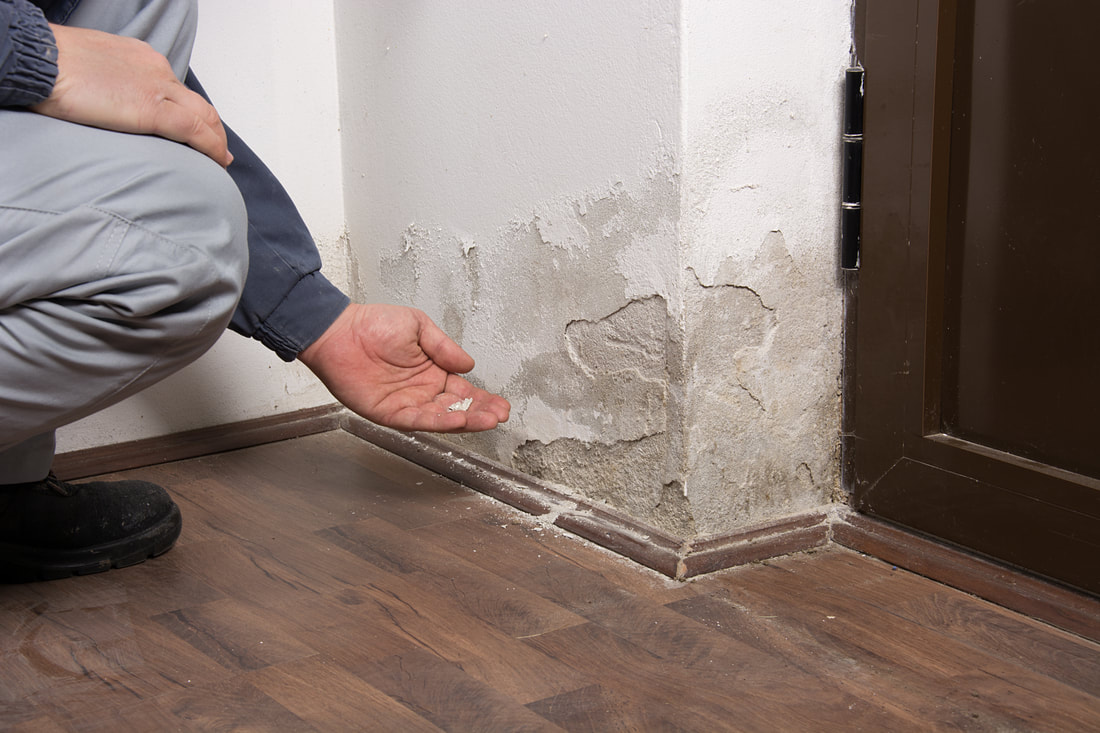Tips on How to Avoid Being Scammed After Hurricane Damage

In the aftermath of Hurricane Florence bearing down on the Carolina coast, the National Association of the Remodeling Industry (NARI) provides homeowners with helpful ways to avoid being scammed by unscrupulous contractors and provides tips on how to find a qualified, professional remodeler or contractor.
Be wary of anyone knocking on your door. Not everyone who reaches out to you as a contractor wants to help.
Natural disasters caused by weather including flooding, heavy wind and storm damage, create an environment where scam artists prey on storm victims who seek quick remedy to damaged property.
The best way to find qualified, professional help is through word-of-mouth referrals. Local remodelers or contractors are an excellent way to find a professional. Common sources for qualified remodeler or contractors include:
- Relatives/friends/neighbors
- Business colleagues
- Lenders
- Real estate agents
- Local material supplier (lumber yards, specialty product providers, etc.)
Seven Tips to Find a Qualified Remodeler
NARI provides the following tips to inform the selection process and help homeowners make an informed decision that best suits their needs.
Stay Local
Local remodelers are compelled to perform quality work that satisfies their customers in order for their business to survive. Local firms can be checked through references including past customers in your community or through your local NARI chapter.
Follow Local Building Codes
Another advantage to hiring a local professional is that they will know the local building code and permit requirements for your town or city. Building codes vary considerably from each jurisdiction and are known to change from year to year. Most structural work or footprint expansions require permits.
Check for License and Insurance
Many states, but not all, require contractors to be licensed, bonded and/or insured. Contact your state or local licensing agencies to ensure the contractor meets all requirements. Most states require a contractor to carry worker's compensation, property damage, and personal liability insurance. Ask for a copy of their license and insurance certificate to make sure that it is current.
Check for Violations and Complaints
Check with your Consumer Affairs Office and the Better Business Bureau to ensure there are no complaints on record for the contractor. Check to make sure they are a NARI member.
Compare Apples with Apples
If you solicit estimates from more than one remodeling contractor, be sure they are working off the same scope and quality of work. Discuss variations in prices, and beware of any estimate that is substantially lower than the others.
A good remodeling professional educates clients on green remodeling, universal design, lead safety, new products, building techniques and trends. Make sure you’re hiring someone who has knowledge and expertise relevant to the remodeling industry.
Always Check References
Don’t rely on a contractor’s personality or demeanor. If a professional does not offer references, ask for them and follow up with a site visit or phone call.
For additional information on selecting a remodeler, including what questions to ask, visit www.NARI.org/consumers and visit the Remodeling Process and Homeowner Resources section of the site.
About NARI: The National Association of the Remodeling Industry (NARI) is the premier association of remodeling professionals and industry experts dedicated to advancing the professionalism of the remodeling industry and educating the public on the benefits of using a qualified professional. NARI has 6,000 member contractors, suppliers and service providers and 47 chapters across the U.S. NARI members adhere to a Code of Ethics and together as an industry promote “Remodeling Done Right™. Learn more about NARI and how to find a qualified professional remodeler at NARI.org.
Keyword Tags: NARI, National Association of the Remodeling Industry, How to Avoid Being Scammed, How to Find a Remodeler, Hurricane and Disaster Recovery, Hurricane Florence, Disaster Recovery
